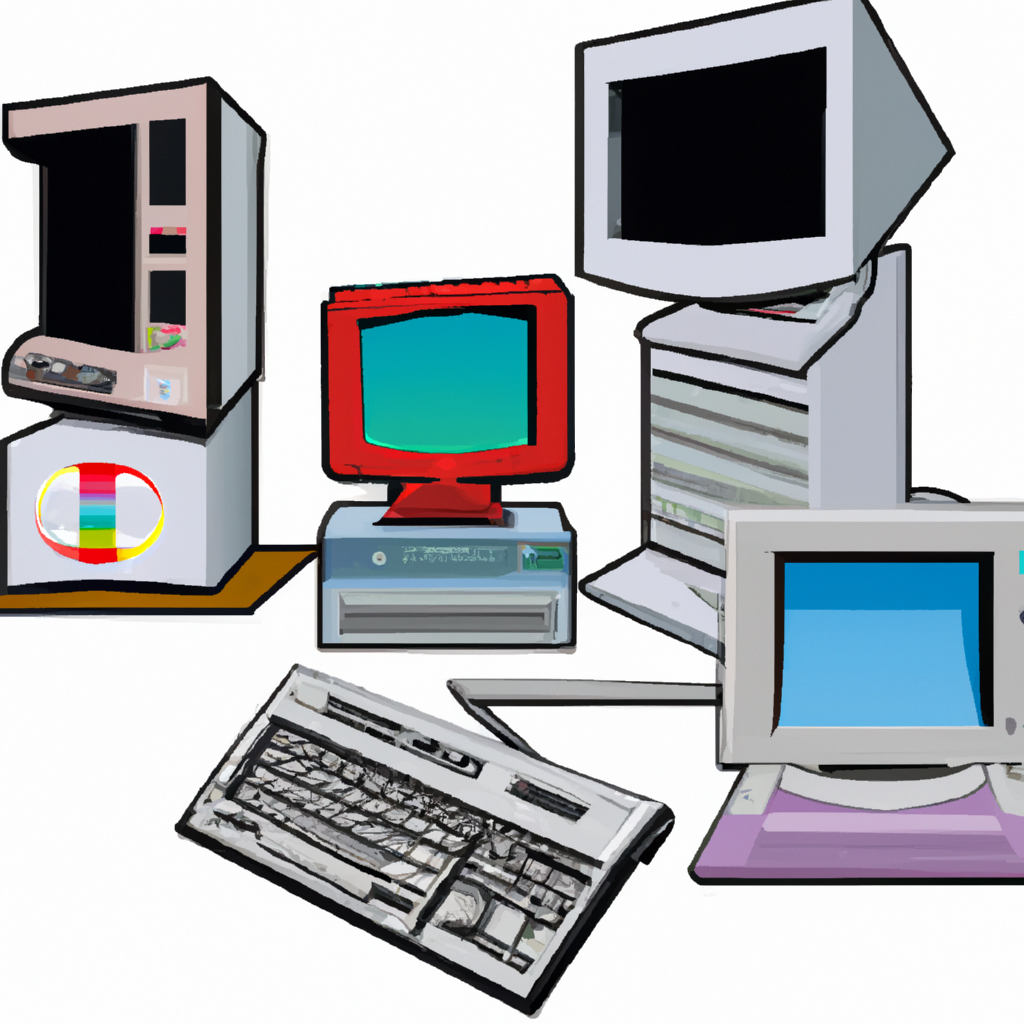

Black holes are fascinating objects in the universe that are incredibly dense and have a gravitational pull so strong that not even light can escape. They come in different sizes, from small ones only a few times the mass of our sun, to supermassive ones billions of times more massive. The largest known black hole is located in the center of the galaxy M87 and has a mass of about 6. 5 billion times that of our sun. Black holes are believed to form when massive stars collapse under their own gravity. These fascinating objects continue to puzzle astronomers and physicists, and new discoveries about them are made all the time.

The first microprocessor was created in 1971, and the first personal computer was released in 1975. Apple Computer was founded in 1976, and IBM released the first PC in 1981. The first dot- com company was registered in 1985 and the first website was created in 1991.

The first electronic computer, the ENIAC, was built in 1945. The first personal computer, the Apple I, was built in 1976. The first laptop computer, the TRS- 80 Model 100, was introduced in 1982. The first internet-connected computer, the NSFNet, was introduced in 1986. The first web browser, Mosaic, was introduced in 1993. The first search engine, AltaVista, was introduced in 1995.

A black hole is a massive and powerful object in the universe that is formed when a massive star collapses in on itself. Black holes are so massive that even light cannot escape their gravitational pull. Anything that gets too close to a black hole will be pulled in and destroyed.

There are over 7,000 startups in the Silicon Valley, with the average founder being 34 years old. A majority of these startups are founded by immigrants, and the region is home to some of the most valuable companies in the world. The Silicon Valley has the highest concentration of venture capital firms and is known for its culture of risk-taking and innovation.

The article discusses the sobering reality that most startups fail. It cites various reasons for this, including the fact that most startups are founded by young people who are inexperienced and have to pivot multiple times before finding success. The culture of Silicon Valley is also discussed, as it is the global epicenter for startups and is all about risk-taking and embracing failure. The article ends with a discussion of VCs, who are often looking for the next big thing and are willing to invest large sums of money in risky ventures.

Google was founded in 1998 by Larry Page and Sergey Brin, and the company has since become one of the most powerful forces in the tech industry. The name ‘Google’ was actually a misspelling of the word ‘googol’, which is a numerical term for the number one followed by one hundred zeroes. The original Google logo was designed by Sergey Brin using the GIMP software package. The Google logo is updated on a regular basis, often to reflect current events or holidays.

Black holes are massive, dense objects from which even light cannot escape. They are thought to form when extremely large stars collapse at the end of their life cycle. Supermassive black holes are believed to lie at the center of most galaxies, including our own Milky Way. When two black holes collide, they create a ripple in spacetime known as a gravitational wave. Some scientists think that our universe began as a gigantic black hole.